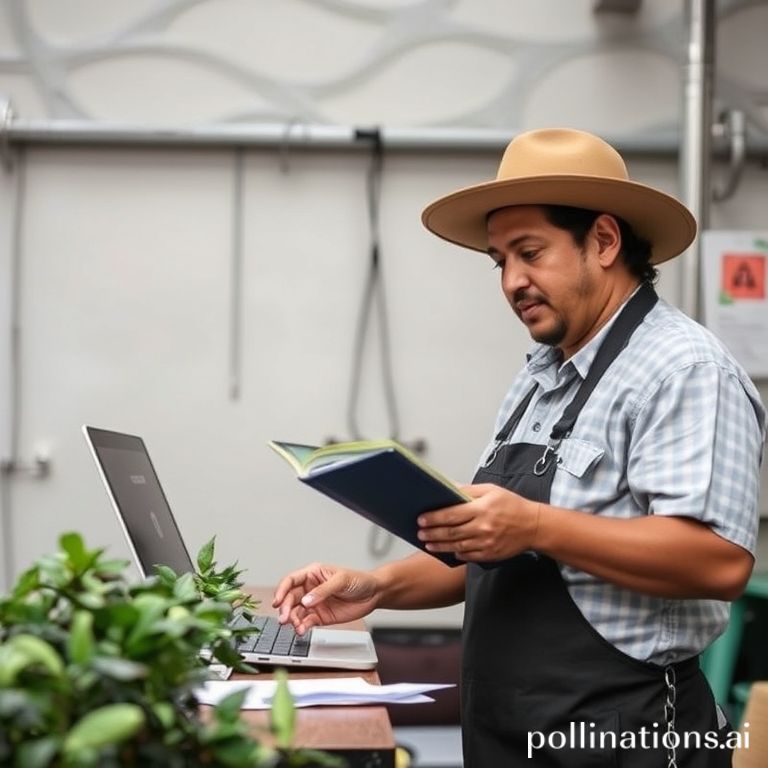Moving to Mexico for work is an exciting adventure, filled with new opportunities and experiences. However, it also presents the challenge of adapting to a different work culture. Understanding and embracing these differences can significantly impact your success and overall satisfaction in your new professional environment. While the general concept of “work” might seem universal, the nuances of interpersonal relationships, communication styles, and workplace hierarchies can vary greatly. This article aims to provide valuable insights into navigating the intricacies of Mexican work culture, helping you build strong relationships and thrive in your career.
Understanding Hierarchies and Respect
One of the first things you’ll notice when adjusting to Mexican work culture is the importance of hierarchy. Respect for seniority and those in positions of authority is deeply ingrained. Decisions often flow from the top down, and it’s crucial to acknowledge and respect this structure. Addressing superiors with appropriate titles, such as “Licenciado/a” (for someone with a university degree) or “Ingeniero/a” (for an engineer), is common and demonstrates respect. While direct communication is valued in some cultures, in Mexico, it’s essential to show deference and avoid challenging authority figures directly, especially in public.
Building Relationships is Key
In Mexico, business is often conducted on a foundation of personal relationships. Taking the time to get to know your colleagues on a personal level is extremely important. This might involve engaging in small talk before diving into business matters, sharing meals together, or participating in after-work social events. These interactions are not merely social niceties; they are crucial for building trust and rapport, which are essential for successful collaborations. Remember that building relationships takes time, so be patient and genuine in your interactions.
- Accept invitations to lunch or coffee.
- Ask about your colleagues’ families and interests.
- Remember birthdays and other important occasions.
Communication Styles in the Mexican Workplace
Communication in Mexican work culture tends to be more indirect and nuanced than in some Western cultures. While directness is appreciated, it’s often tempered with politeness and consideration for the other person’s feelings. This can sometimes lead to ambiguity, so it’s important to pay close attention to nonverbal cues, such as tone of voice and body language. Asking clarifying questions is acceptable, but do so tactfully and respectfully. Avoid being overly critical or confrontational, as this can damage relationships and hinder progress. The goal is to communicate effectively while maintaining harmony in the workplace.
The Importance of “Simpatía”
“Simpatía” is a cultural value that emphasizes being agreeable, empathetic, and avoiding conflict. It plays a significant role in Mexican communication styles. In the workplace, this translates to a preference for collaboration and compromise over confrontation. When addressing disagreements or challenges, it’s important to do so in a way that minimizes potential offense and maintains a positive atmosphere. Focusing on solutions rather than blaming individuals is a key aspect of practicing “simpatía” in the workplace.
Time Management and Punctuality
While punctuality is generally valued, the concept of time can be more flexible in Mexico than in some other cultures. Meetings may start a few minutes late, and deadlines might be subject to change. This doesn’t necessarily indicate a lack of professionalism but rather a different approach to time management. It’s helpful to be prepared for potential delays and to be adaptable to changing circumstances. However, it’s always best to aim to be on time for meetings and to meet deadlines whenever possible. Clear communication about timelines and expectations can help bridge any potential gaps in understanding.
Embracing Flexibility
One of the most valuable skills you can develop when adjusting to Mexican work culture is flexibility. Being able to adapt to unexpected changes, navigate ambiguous situations, and maintain a positive attitude in the face of challenges will greatly enhance your experience. Embrace the opportunity to learn from your colleagues and to understand their perspectives. By being open-minded and willing to adjust your approach, you can build strong relationships, achieve your professional goals, and truly thrive in your new work environment.
Conclusion
Adjusting to Mexican work culture involves understanding and respecting the nuances of hierarchy, communication styles, and time management. Building strong relationships with colleagues, demonstrating “simpatía,” and embracing flexibility are key to success. By taking the time to learn about and adapt to these cultural differences, you can create a positive and fulfilling work experience in Mexico.
If you enjoyed this article, don’t forget to explore more inspiring stories on Life in Mexico!
IMAGE: A group of Mexican professionals are gathered in a modern office, smiling and engaged in a casual conversation. The scene is bathed in warm, natural light, creating a friendly and welcoming atmosphere. The office features colorful artwork and plants, adding a touch of Mexican flair. The overall mood is positive, collaborative, and relaxed, reflecting the importance of relationships in Mexican work culture. The style is realistic and contemporary.


